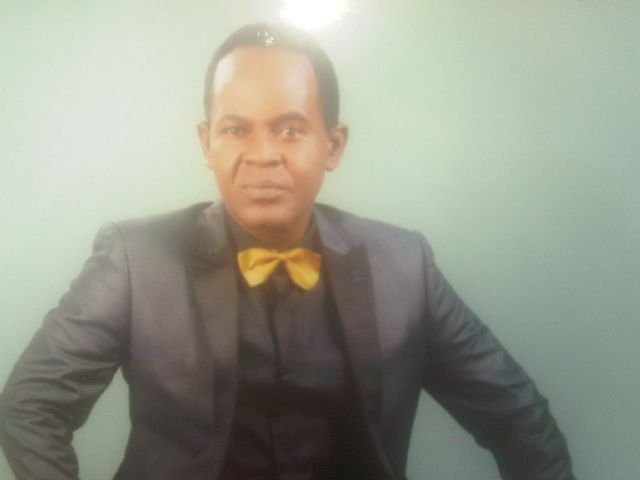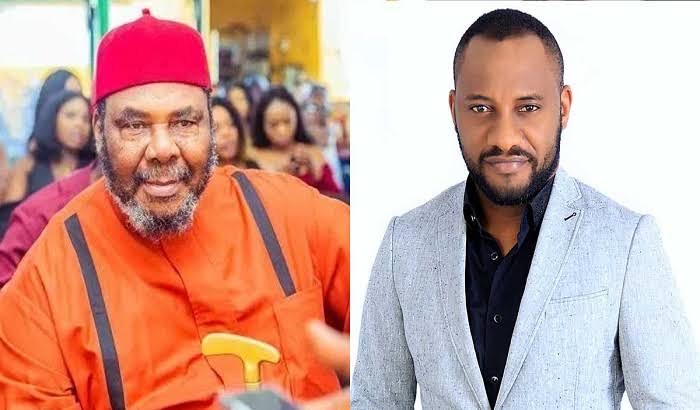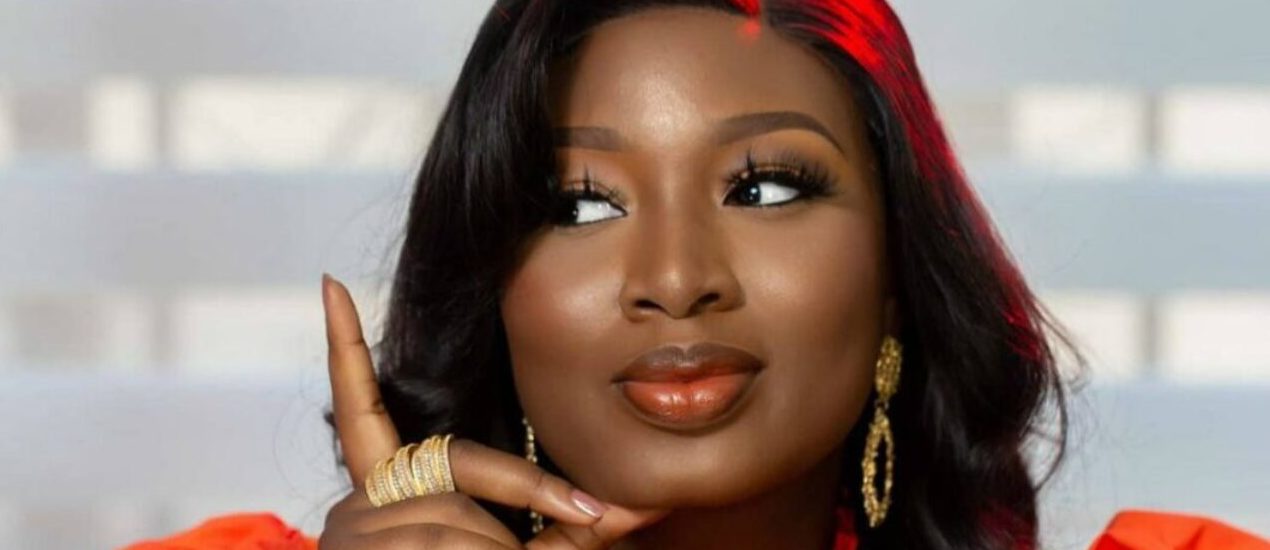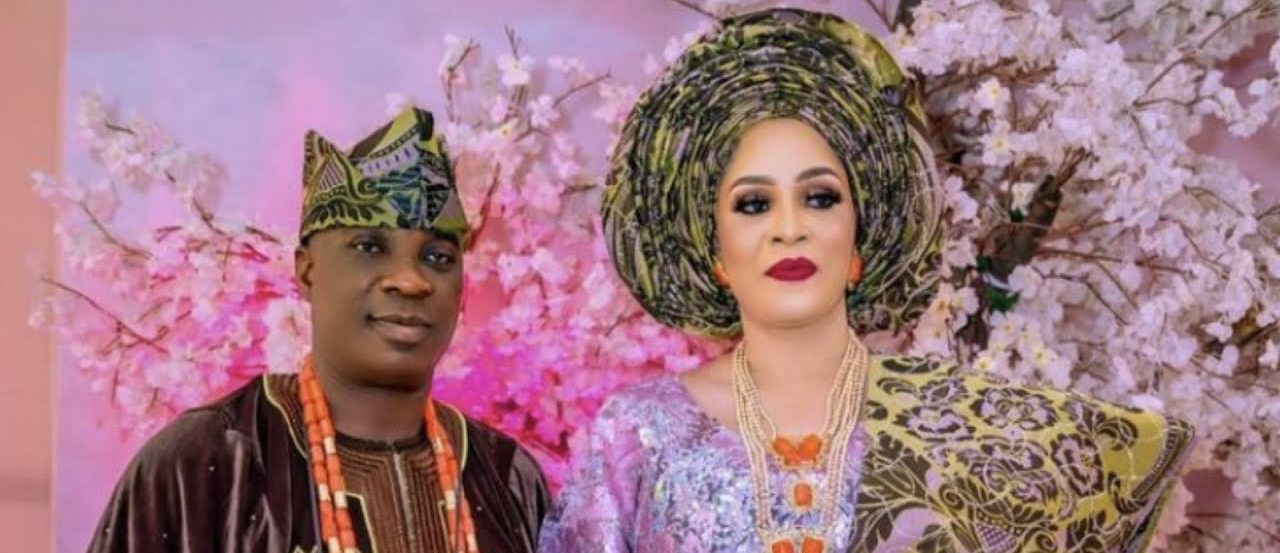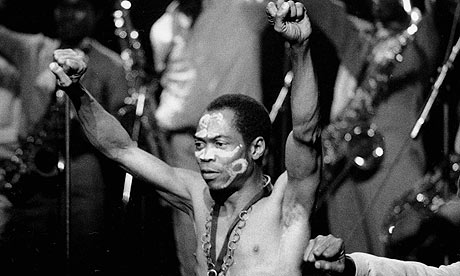
Little is known about the country’s music history prior to European contact, although bronze carvings dating back to the 16th and 17th centuries have been found depicting musicians and their instruments.
Nigeria has been called “the heart of African music” because of its role in the development of West African high life and palm-wine music, which fuses native rhythms with techniques imported from the Congo for the development of several popular styles that were unique to Nigeria, like apala, fuji, jùjú, highlife, and Yo-pop.
Subsequently, Nigerian musicians created their own styles of United States hip hop music and Jamaican reggae. Nigeria’s musical output has achieved international acclaim not only in the fields of folk and popular music, but also Western art music written by composers such as Fela Sowande.
Polyrhythms, in which two or more separate beats are played simultaneously, are a part of much of traditional African music; Nigeria is no exception. The African hemiola style, based on the asymmetric rhythm pattern is an important rhythmic technique throughout the continent. Nigerian music also uses ostinato rhythms, in which a rhythmic pattern is repeated despite changes in meter.
Nigeria has some of the most advanced recording studio technology in Africa, and provides robust commercial opportunities for music performers. Ronnie Graham, an historian who specializes in West Africa, has attributed the success of the Nigerian music industry to the country’s culture its “thirst for aesthetic and material success and a voracious appetite for life, love and music, and a huge domestic market, big enough to sustain artists who sing in regional languages and experiment with indigenous styles”. However, political corruption and rampant music piracy in Nigeria has hampered the industry’s growth.
One of the largest music icon in Nigeria is fela kuti, he is one man who has really promoted the Afro music with his beat, and his music has kept him relevant, going from generation to generation. according to a music artiste who prefers anonymity says the entertainment industry in nigeria would be the most heard if we made use of our voices and cultures in a way that we could sell home and abroad.
The afro music would have been sort of our own house style if we really wanted it to be, it has been observed that only few musicians sing afro beat.
© 2014 Nigeriafilms.com
Click the link below to go to…
“I Can Go Up To 24hours Non-stop” + My Affair With Mercy Johnson –Actor Kenneth Okonkwo Opens Up
Ini Edo Reacts To Pregnancy Rumour
Blackface Is A Liar, I Invited Him To My Wedding–2Face Explodes
Ras Kimono Gets 5th Child From 3 Women
Osita Iheme (PawPaw)’s Displays Good Citizenship
I Use Local Shea Butter For My Skin–Bukky Wright
Will ‘Torn’ Make Joseph Benjamin Replace Ousted Nzeribe In Monalisa Chinda’s Life?
